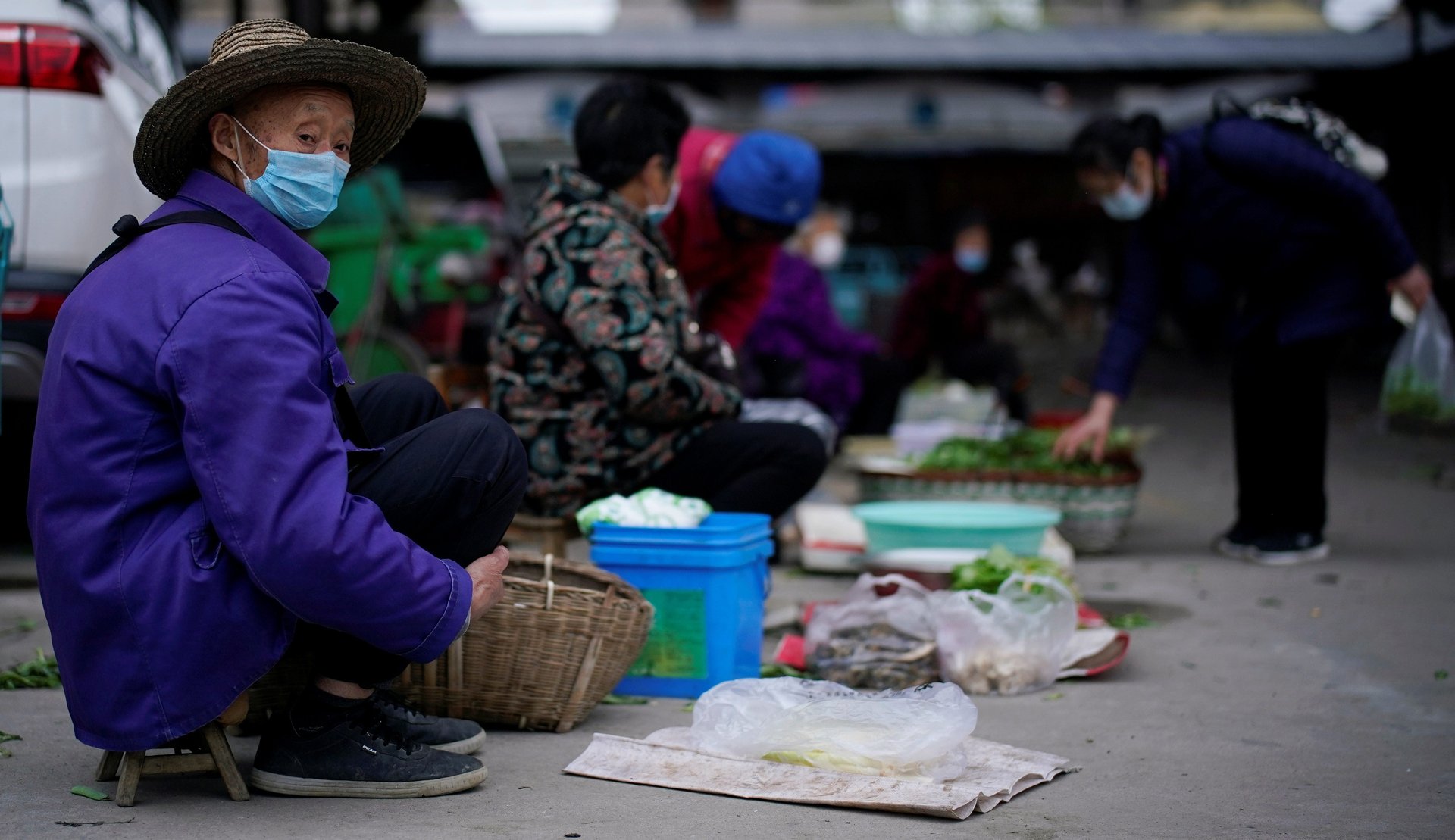Beijing’s sudden love for the humble street vendor shows how worried it is about jobs
China is trying to revive its sagging economy with the help of a profession officials used to crack down on—street vending.


China is trying to revive its sagging economy with the help of a profession officials used to crack down on—street vending.
Chinese premier Li Keqiang said on Monday (June 1, link in Chinese) that street stalls and small shops, just like bigger and high-end industries, are important sources of jobs and vital to the country’s economy.
“China can only become stronger if its markets, corporates and small businesses can survive and develop! We will give you guys support,” said Li, making the remarks while chatting with a man selling malaban, a street snack popular for its spicy sauce, in the city of Yantai in eastern Shandong province.
Prior to Li’s remarks, Beijing recently sent other welcoming signals to street vendors, marking a significant shift from the past—when municipal officials used to relocate, evict or fine them as China sought to “civilize” its cities into tidy, shiny places that evoke the gadgets its high-tech economy produces.
China’s Central Civilization Committee office, a government department that oversees the implementation of the ruling party’s ideologies, announced in late May (link in Chinese) that the presence of street stalls would no longer be considered a negative factor in its criteria for selecting “civilized cities” this year. The assessment, held every three years since 2005, is one of the highest government honors a Chinese city can get, and an important political achievement for local officials hoping to rise up the Communist Party hierarchy.
To achieve that honor, officials dispatched chengguan, or urban law enforcement tasked with keeping order on city streets, after vendors. Under heavy pressure from supervisors, they were often accused of using excessive force and frequently ended up in violent clashes with vendors. In 2013, the execution of Xia Junfeng, a street hawker who got the death penalty after he stabbed and killed two chengguan during a fight, stirred public anger. Many believed Xia, a laid-off factory worker who took to selling grilled meat, was acting out of self-defense after he had been surrounded and beaten by some 10 officers.
The shift comes as China grows increasingly worried about its unemployment rate, which reached 6% in April, according to its official data. Premier Li said at China’s annual legislative meetings last month that Beijing aims to create more than nine million jobs this year and maintain the unemployment rate under 6%, compared with 13.5 million jobs created last year.
But experts believe the figure is closer to 10%, and some think it may have reached 20% due to the coronavirus outbreak and the lockdowns imposed on cities starting in January. China’s GDP shrank in the first quarter, the country’s first contraction since 1992. And some of the country’s big employers were already cutting staff last year.
But how much can self-employment help Beijing solve its unemployment problem, given competition is probably fierce in this space? China already has around 230 million workers (link in Chinese) who are self-employed or work for small businesses, or nearly 30% of the country’s total working population of about 800 million, according to an economic research arm of Peking University. According to the National Bureau of Statistics, China had 300 million workers who were either self-employed or working in the countryside in 2019, compared with around 380 million who worked in companies.
Still, some investors are optimistic. After at least 27 Chinese cities (link in Chinese) have recently said that they will encourage the development of street stalls, shares of Chinese companies (paywall) that sell cooking equipment used by street vendors and vehicles that can be used as mobile stalls also surged.